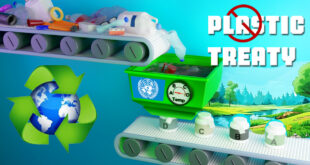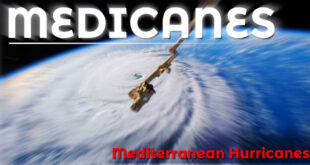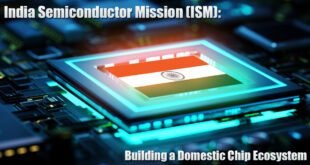New research shows that ‘microbes stranded in the International Space Station (ISS) have different genes from the equivalent bacteria on earth. While there have been many concerns about these microbes forming a new generation of ‘superbugs’, it now appears that the differences are making the bacteria more able to withstand the harsh conditions of space, rather than increasing pathogenicity.’ Numerous bacterial species can be found in the ISS, from the clothing of the astronauts or in the cargo. Thousands of these, and other, microbes have been cultured from samples taken from the ISS, the genomic data of which is stored in a National Center for Biotechnology Information public database, in the U.S. With increasing talk of enabling travellers to visit space, there is growing interest in understanding how microbes behave in enclosed environments including the harsh conditions on the ISS that include high levels of radiation, microgravity, and lack of ventilation. This has led to speculation that these could lead to the evolution of superbugs that have greater strength to survive. In their research, Dr. Erica Hartmann and her team at the Department of Civil and Environmental Engineering, Northwestern University, U.S., compared the genomes of Staphylococcus aureus and Bacillus cereus cultures isolated from the ISS with those on Earth. The analysis showed that the bacteria isolated from the ISS did contain different genes from their terrestrial counterparts. Interestingly though it was shown that these genetic differences would not increase the pathogenicity of the bacteria or make them more detrimental to human health. It was reported that the changes merely reflect the bacterial responses to living in a stressful environment. First author of the research Ryan Blaustein says, “Based on genomic analysis, it looks like bacteria are adapting to live — not evolving to cause disease. We didn’t see anything special about antibiotic resistance or virulence in the space station’s bacteria.” The discovery that the harsh environment in space is not causing bacteria to mutate into dangerous, antibiotic-resistant superbugs is good news for astronauts and potential space tourists. However, it must not be forgotten that infected individuals can still spread illness on space stations and space shuttles. — News Medical
Source : https://www.thehindu.com/todays-paper/tp-opinion/mapping-bugs-on-the-iss/article26227707.ece
 Chinmaya IAS Academy – Current Affairs Chinmaya IAS Academy – Current Affairs
Chinmaya IAS Academy – Current Affairs Chinmaya IAS Academy – Current Affairs



